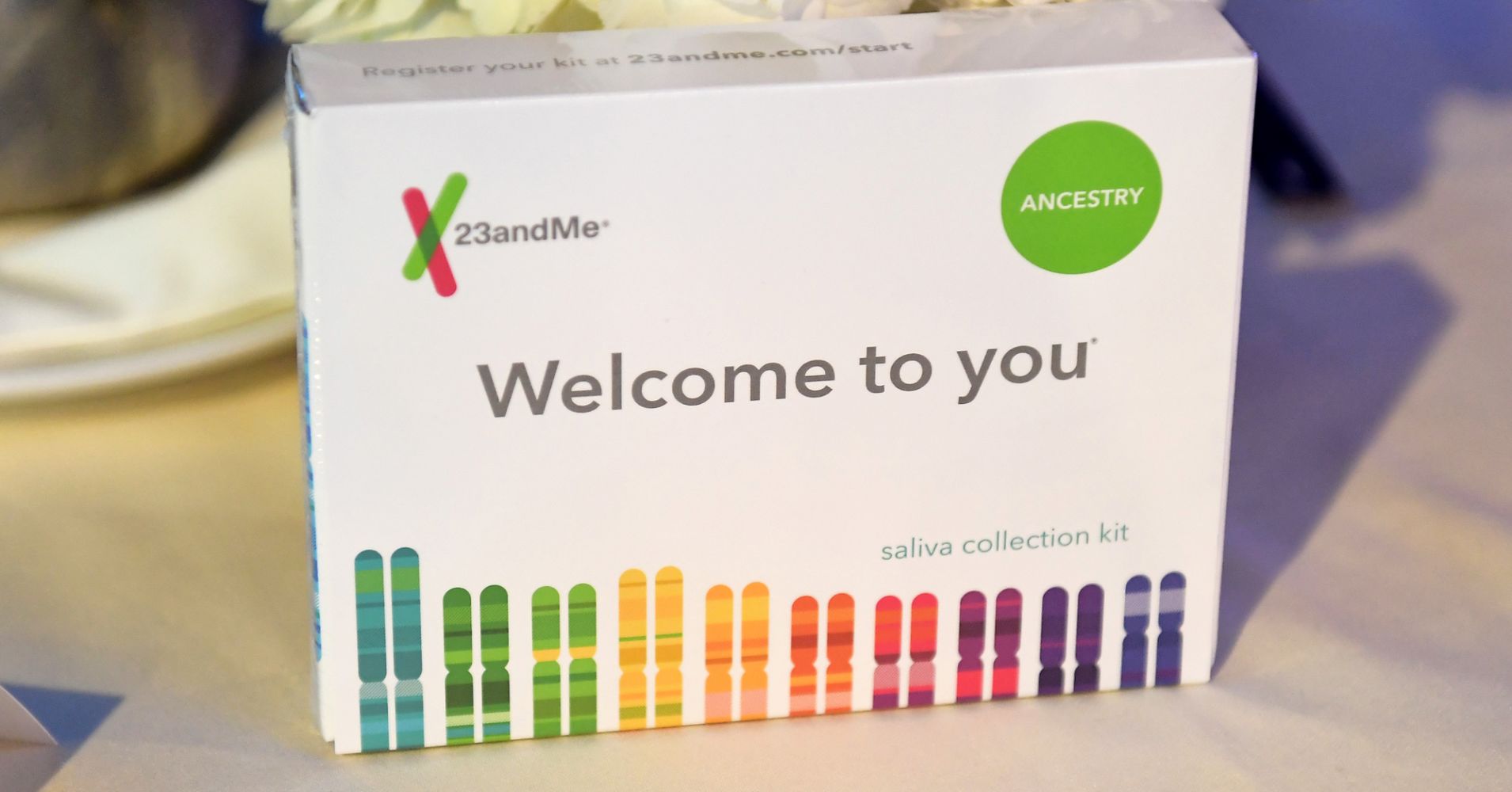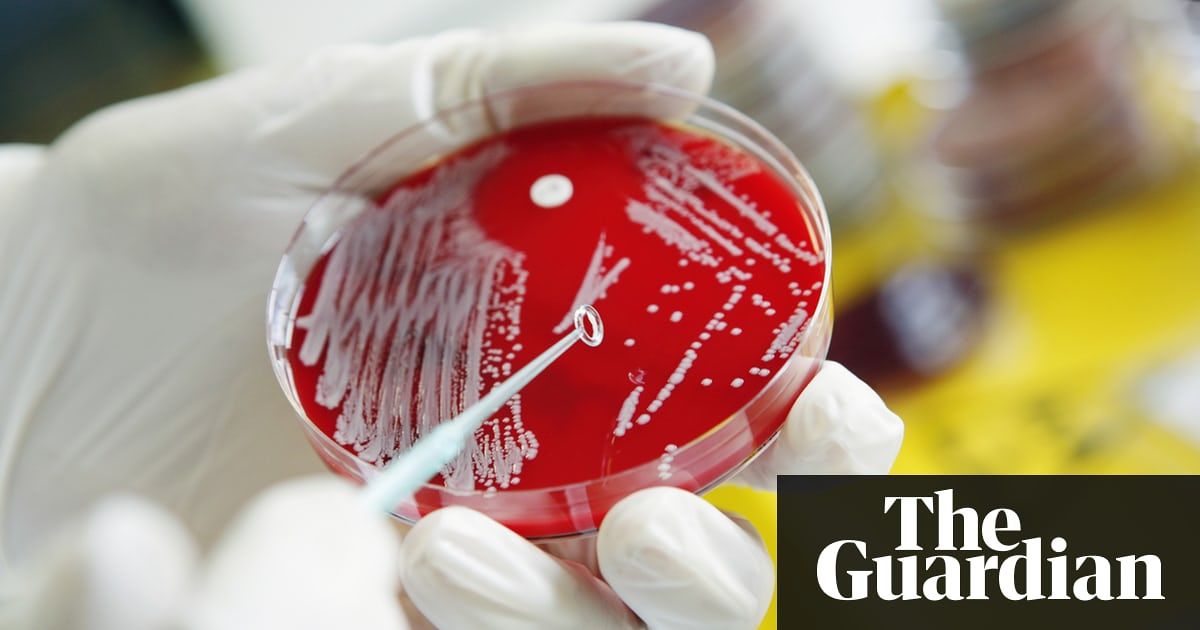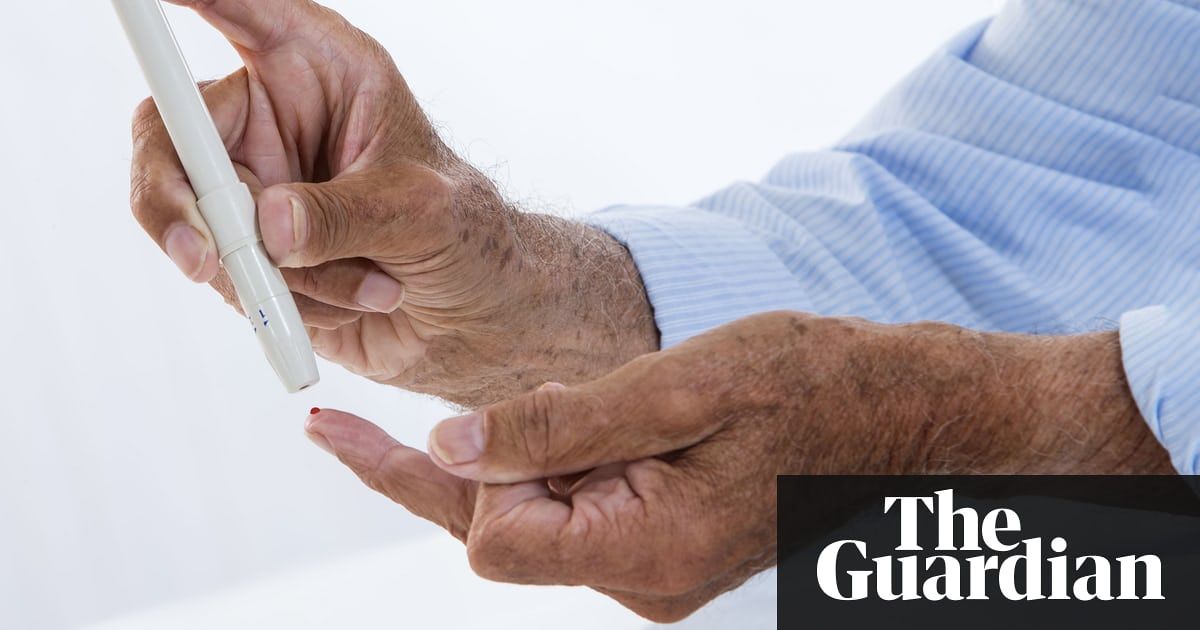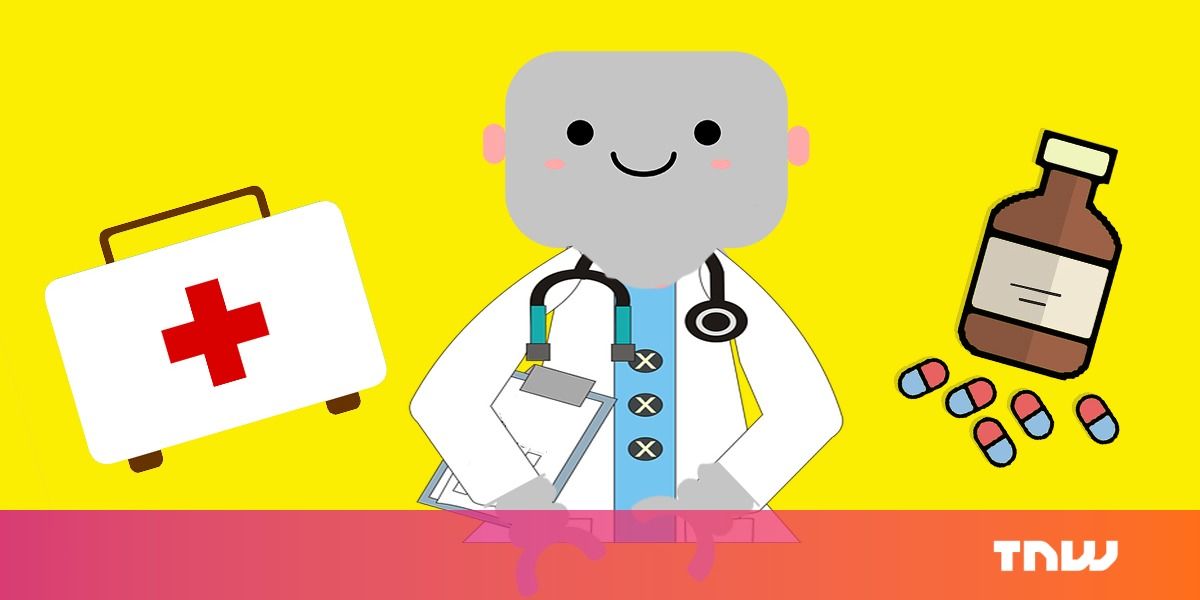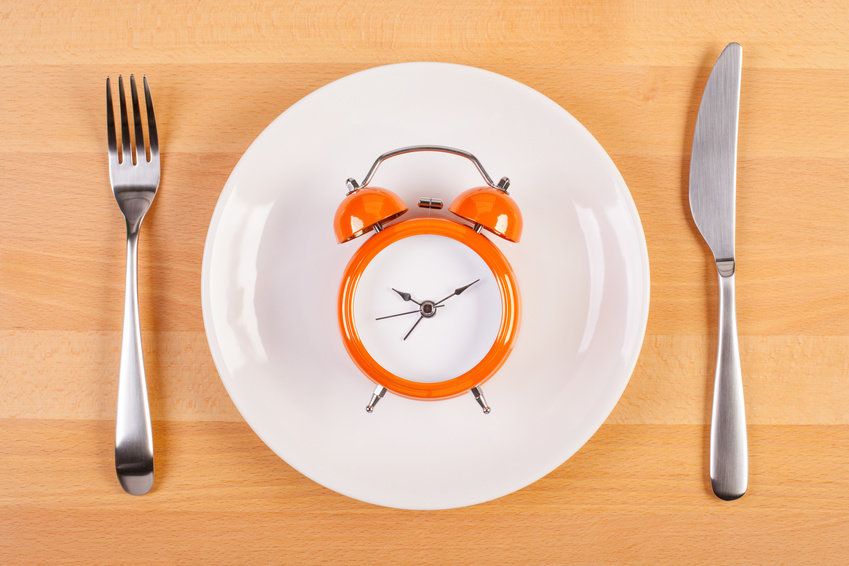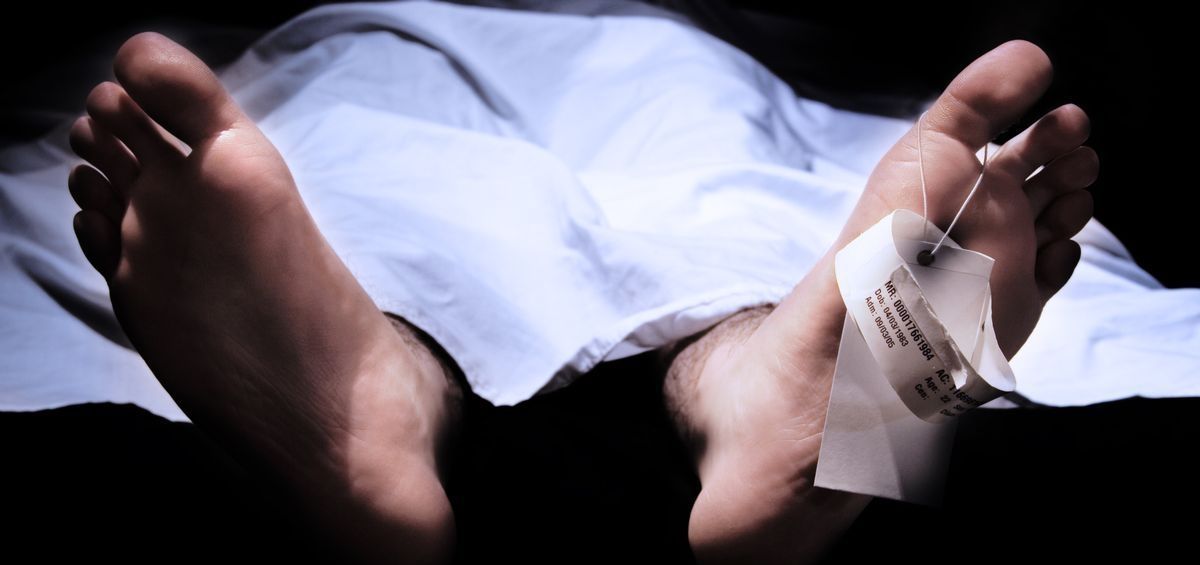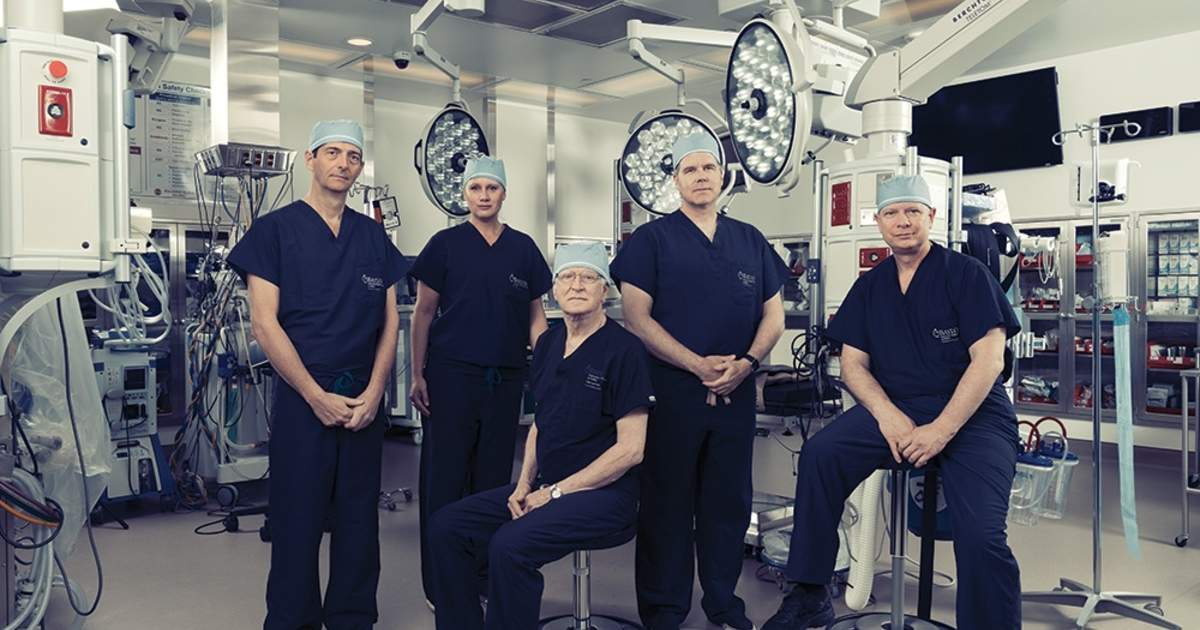Some individuals worry they will discover things about their DNA that will be frightening — namely, the risks they run of contracting various diseases — and not know how to move forward with the information. Professional scientific skeptics contend the information may not even be as accurate as claimed, and lead people to make questionable health decisions. But there’s another type of risk that consumers aren’t focusing on as much, and it’s a big one: privacy. There is nothing more private than your personal genetic information, and sending away for a personal genome kit means sharing your DNA with the testing companies. What do they do with it, beyond providing consumers with genetic and health assessments?
Consumer DNA genetic testing kits are a booming business, and the biggest risk isn’t necessarily uncovering a health scare; it’s what these companies may do, or be forced to do, with your genetic data.
